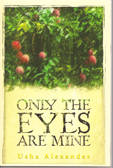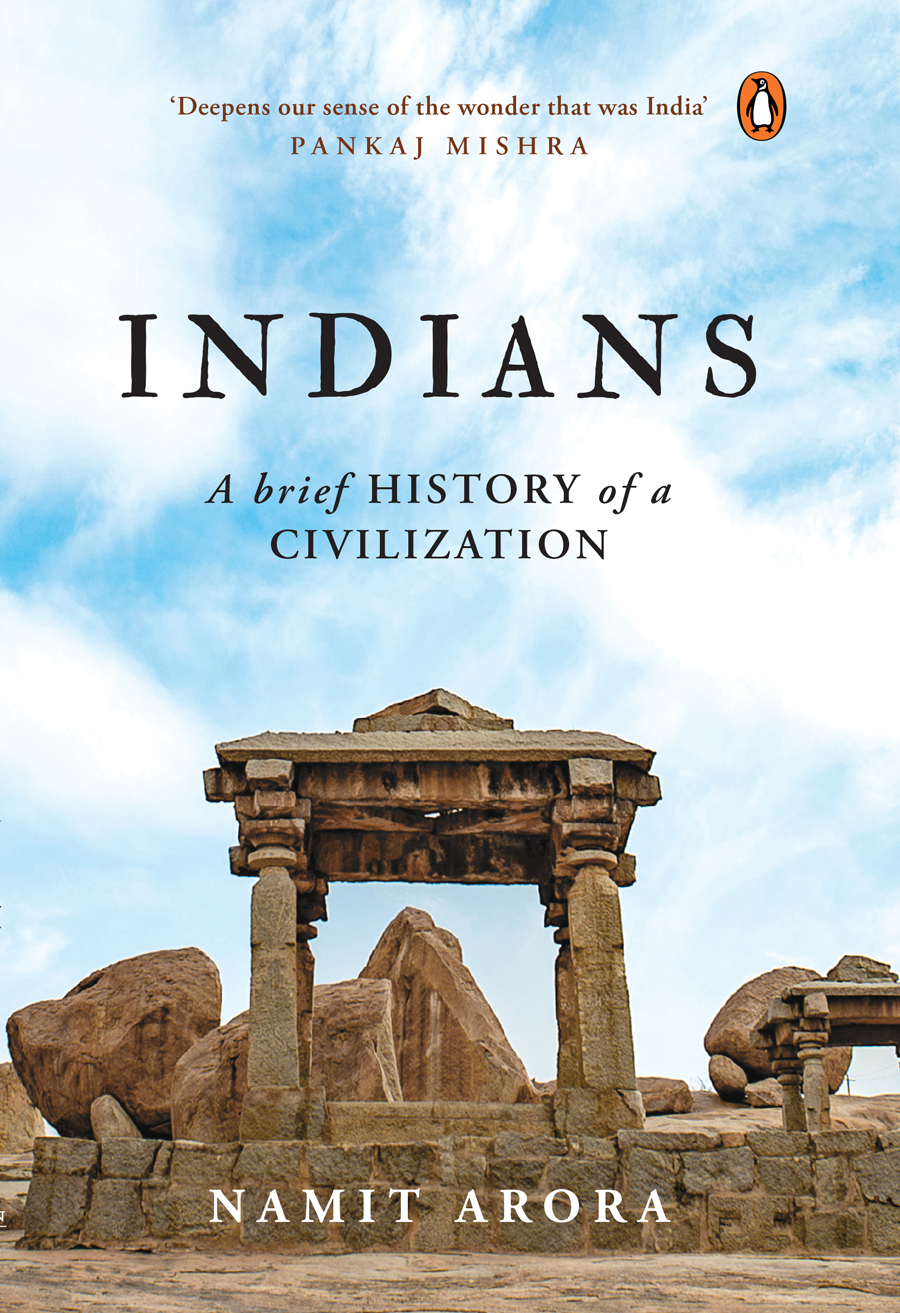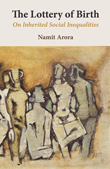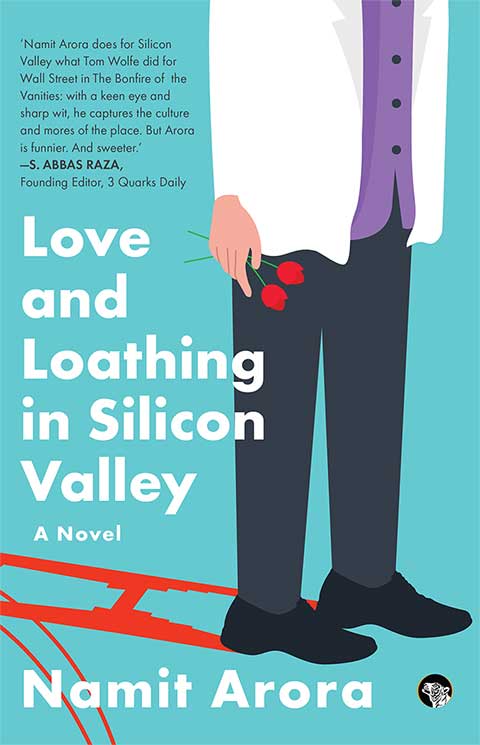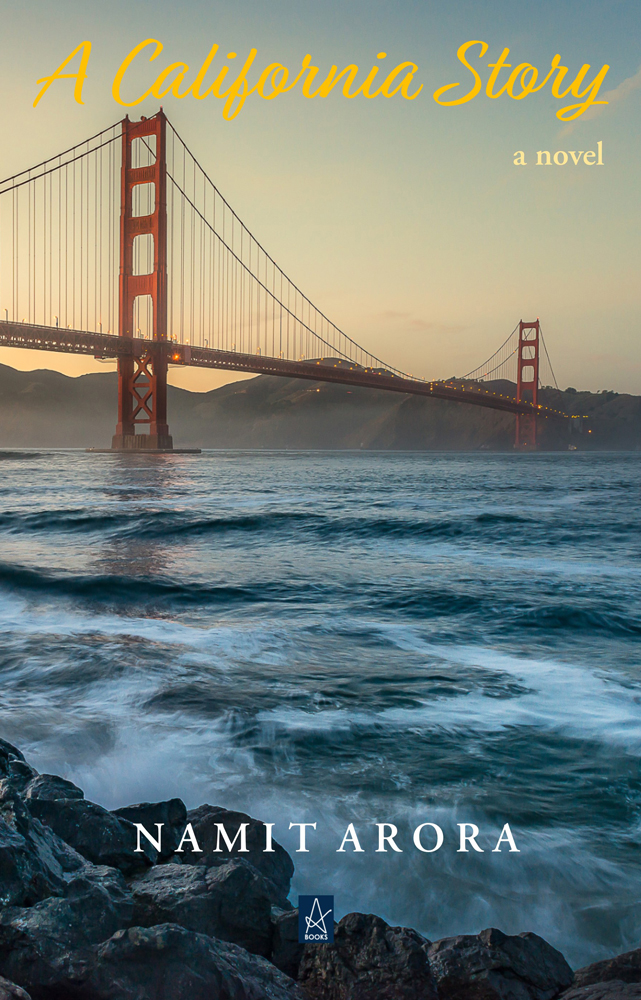| Index of articles from the Blog |
| Animals |
| Anthropology & Archaeology |
| Art & Cinema |
| Biography |
| Books & Authors |
| Culture |
| Economics |
| Environment |
| Fiction & Poetry |
| History |
| Humor |
| Justice |
| Philosophy |
| Photography |
| Politics |
| Religion |
| Science |
| Travel |
Books by
Books by
|
By Namit Arora | Aug 2012 | Comments
(A review of Pankaj Mishra’s "From the Ruins of Empire: The Intellectuals Who Remade Asia". First published in 3 Quarks Daily where it has received many comments.)
In the ensuing centuries, European adventurers would subject many older, tradition-bound, and self-absorbed civilizations in Asia to the ravages of this aggressive and disruptive cultural force—and incidentally, to its refinements. Indeed by 1900, a minority of white Europeans had colonized much of Asia, controlling not just its political and economic life but also its cultural life in shaping the natives’ idea of themselves. The road to this widely resented domination—which the colonizers justified at home with theories of racial and cultural hierarchies, the white man’s burden, and plain old lies—was paved with countless imperial intrigues, extortionate treaties and taxation, skirmishes, plundering, drug dealing, massacres, and crushed mutinies. As Joseph Conrad wrote in 1902, ‘The conquest of the earth, which mostly means the taking it away from those who have a different complexion or slightly flatter noses than ourselves, is not a pretty thing when you look into it too much.’ In his engaging new work, From the Ruins of Empire: The Intellectuals Who Remade Asia, Pankaj Mishra chronicles ‘how some of the most intelligent and sensitive people in the East responded to the encroachments of the West (both physical and intellectual) on their societies.’ What did they see as the threats and the temptations of the West? What modes of resistance and internal reforms did they propose to meet this challenge? Mishra’s remarkable story, mostly untold in Western historiography, opens up important new vistas on the colonial West and the trajectories of Asians, whether in imperial Japan, nationalist and communist China, India, or Muslim countries from Turkey to Pakistan. §
... the remarkable strength of small European nation-states [with] organized human energy and action, coupled with technology, amount to a power that could radically manipulate social and political environments. Resentfully dismissive at first of Europe, these men would eventually chafe at their own slothful and uncreative dynastic rulers and weak governments; and they would arrive at a similar conviction: that their societies needed to attain sufficient strength to meet the challenge of the West. But how was this to be achieved? Three sets of responses soon appeared all across Asia. The first was reactionary and emphasized renewed fidelity to one’s own superior traditions, whether of Islam, Confucianism, or Hinduism. The moderate response preferred reform and cultural synthesis and accepted that some Western ideas were necessary to supplement what were otherwise adequate traditions. Finally, the radical secularist response from folks like Mao and Atatürk advocated a revolutionary break from their traditional past ‘in order to compete in the jungle-like conditions of the modern world.’ All of these responses were tacit acknowledgement that the venerable civilizations of Asia were ‘poorly fitted for a new modern world the West was making and which they had to join or perish.’ Mishra adds: This is why the European subordination of Asia was not merely economic and political and military. It was also intellectual and moral and spiritual: a completely different kind of conquest than had been witnessed before which left its victims resentful but also envious of their conquerors and, ultimately, eager to be initiated into the mysteries of their seemingly near-magical power. A key intellectual in Mishra’s narrative is Jamal al-Din al-Afghani (1838-97), a polyglot, cosmopolitan Persian who lived in Iran, India, Egypt, Afghanistan, Turkey, England, and France. He often told fellow Muslims ‘that the power of the westerners and their domination over you came through their learning and education, and your decline in those domains.’ He advocated secular education and science, railed against the ‘evils of fanaticism and political tyranny’ in Muslim lands, and praised republican and constitutional rule. He stressed a modern reading of the Qur’an and ‘rejected the Shia-Sunni schism in Islam, blaming it on selfish rulers who used wars to keep their populations ignorant.’
Gandhi, too, ‘keenly registered the moral and psychological effects of this worldwide destruction of old ways and lives’, en route a world in which economic prosperity was the primary goal of politics, even as he saw ‘the many benefits of Western modernity, such as civil liberties, the liberation of women and the rule of law.’ Meanwhile, many Hindu nationalists ‘saw salvation in the wholesale imitation of Western-style state and society’. Ashis Nandy, in his penetrating study of the psychology of colonialism on both sides, The Intimate Enemy (1983), reports that Vivekananda even went as far as saying that ‘the salvation of the Hindus lay in three Bs: Beef, biceps, and Bhagavad Gita.’ Similar to China, India too would soon ignore the cautionary words of both Tagore and Gandhi in chasing the secrets of Western power. And so while these two intellectuals gave voice to many significant viewpoints, it’s not clear that they ‘remade’ their part of Asia to any great extent. After all, their social, political, and economic visions were almost entirely ignored by later generations. The mental colonization of the newly educated Indians—aka ‘Macaulay's children’—would be easier and deeper than elsewhere in Asia, since nearly all Indians, out of touch with their philosophical and literary heritage in Sanskrit, came to it via English translations and Western scholarship. They internalized the concepts, categories, and judgments of the colonizers, and—in what is a basic idea in the psychology of colonialism—aspired to be like their masters. This colonized elite later slipped into British shoes with a similar superior attitude towards the unwashed Indian masses. Such post-colonial elites, Fanon wrote, ‘simultaneously resisted the insidious agenda of colonialism and paved the way for the emergence of the current struggles.’ Disappointingly, Mishra says nothing about BR Ambedkar, a towering intellectual who, unlike Gandhi, was drawn to both Western modernity and Buddhism, and who has more substantially ‘remade’ modern India. Nevertheless, Mishra’s canvas is wide and his material well researched. The cosmopolitan individuals he has chosen were, like himself, shaped by and questioned Western modernity. They were also in frequent dialog with other Asians. Mishra sensitively recounts their conflicts and struggles in order to illustrate new contours of the Asian experience in colonial times. §
Many early Asian intellectuals, writes Mishra, ‘judged Western-style politics and economics to be inherently violent and destructive forces. They knew that borrowing technical knowledge through a modern system of education from Europe wasn’t enough; these borrowings brought with them a whole new way of life’ which threatened ‘the old moral order’ and not much to replace it with. The notion that culture X, with a very different history than culture Y, can be forced top-down to produce the best outcomes of culture Y is neither smart, nor in accord with historical change or human nature. ‘Out of the crooked timber of humanity’, wrote Kant, ‘no straight thing was ever made.’ Advocates of top-down change frequently discount this serious problem, that such change is often assimilated with great difficulty, or not at all, or creates new malignant forms. Echoing a long-held view, Mishra writes that by aggressively exporting ‘its ideas to the remotest corners of the world, the West also destroyed native self-confidence, causing a political, economic, and social desolation that can perhaps never be relieved by modernity alone.’ Recurrent across his non-fiction is the image of masses of young men uprooted by top-down modernization, men who aspire more than their fathers but with fewer skills and traditional support structures of religion and community, morally adrift in societies with rising disparity, shrinking resources, and populist politics, a world changing too fast with collapsing safety nets, ‘exposing their raw nerves to extremist politics’ and demagogues. Globalization does not lead to integration or openness but ‘reinforces tribalist affiliations, sharpens old antipathies, and incites new ones while unleashing a cacophony of competing claims’. While pundits glibly expound on the rise of Asia—and ‘no alternative intellectual universalism has successfully challenged the prestige and authority of Western modernity’—billions more are now yoked to a wholly unsustainable model of economic growth and consumption, raising the stakes for all humanity. In his melancholic epilogue, an even darker gloom and Romantic disenchantment with modernity descends on Mishra. He ends the book with these ominous words: [The hope] that billions of consumers in India and China will one day enjoy the lifestyles of Europeans and Americans — is as absurd and dangerous a fantasy as anything dreamt up by al-Qaeda. It condemns the global environment to early destruction, and looks set to create reservoirs of nihilistic rage and disappointment among hundreds of millions of have-nots — the bitter outcome of the universal triumph of Western modernity, which turns the revenge of the East into something darkly ambiguous, and all its victories truly Pyrrhic. §
Mishra’s intellectual affinities suggest that he would answer ‘yes’, seeing modernity as a package that is not amenable to selective borrowing, and whose toxicity cannot be contained once it inflates the ego and unleashes its energies in the minds of men. There is much food for thought (and room for debate) in this view. However, it is anybody’s guess what an alternative history might have been. Could it not have been much worse? Responses here will have to stay in the realm of polemics. VS Naipaul, another contemporary observer of Asian societies (who often criticized the Arab-Islamic imperialism of over a millennium ago but missed nearly every opportunity to criticize Western imperialism), might counter that modernity is akin to the gift of fire. Along with the power to ‘burn us down’, it has also given to humans a certain kind of awakened spirit and enlarged consciousness, which is what we then use to lament it. We may feel nostalgic for a fondly imagined pre-modern era but we don’t have the option of going back now—only the burden of knowing the dangers of this gift and taming it to serve us better. At times Mishra seems overly sentimental about pre-colonial Asia and its ‘traditionally self-sufficient peasants’ but few will consider his prognosis implausible. He could also have defined ‘Western modernity’ more clearly since not everyone imagines the same set of ideas when that term is critiqued, and Mishra does critique it in a variety of contexts, from secular rationality to any system of industrialization to liberal democracy. With uncommon empathy, Mishra has excavated a range of ideas, existential debates, and spiritual struggles set in motion by Asia’s rude collision with the West, leading to outcomes no one could have predicted but which, after his account, seem more comprehensible. Above all, Mishra sheds new light on an important part of our collective journey, the inner and outer turmoil we inhabited, the price we paid, and what we did to each other along the way. We might yet learn from it and redeem ourselves in some measure. |
Designed in collaboration with Vitalect, Inc. All rights reserved. |
|




